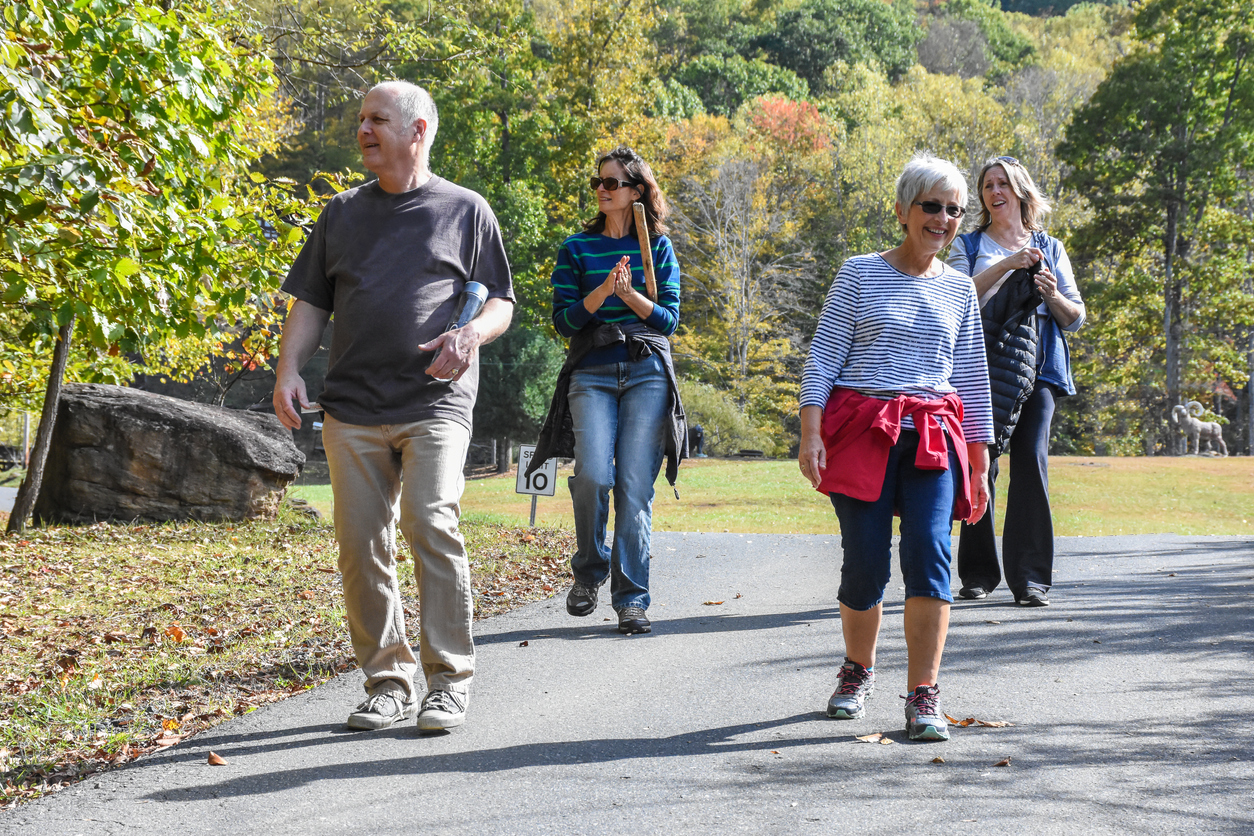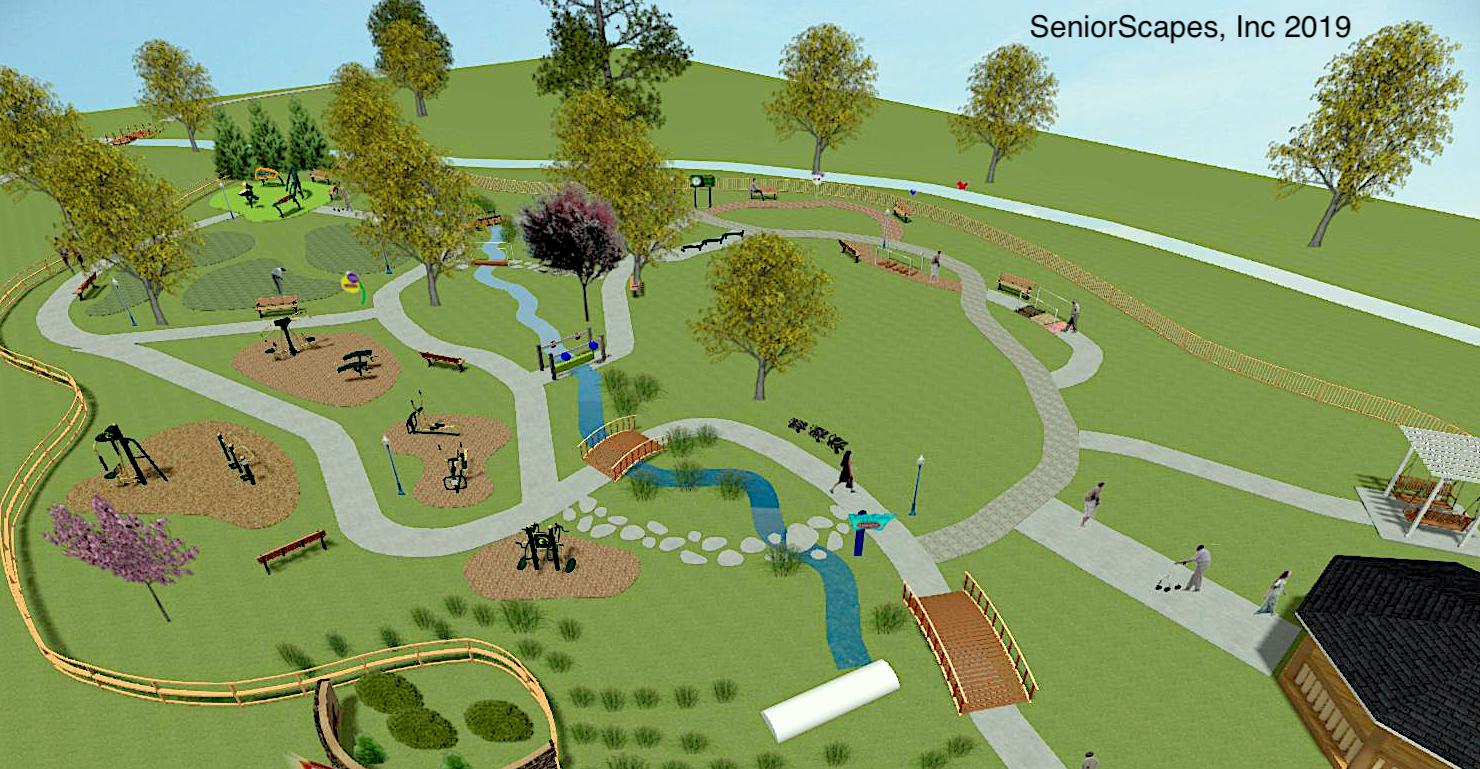AARP Hearing Center

A little over five years ago, Sue Paul walked into the mayor’s office in the City of Frederick with the idea to build a public park for older adults. Paul, an occupational therapist and health coach specializing in chronic disease and dementia, was puzzled by the fact that public parks had amenities for just about every kind of interest and user, including dogs. Yet the fastest growing and largest tax paying demographic had little more to do at a park than sit on a bench and watch the world go by.

Paul was also acutely aware that as the population of Frederick continued to age at a rate twice that of the national average, people would be living longer with more disease and disability. Residents have no free or accessible means of keeping themselves healthy and active in an outdoor setting, and caregivers, too, need somewhere to take their loved ones for fresh air, socialization, and exercise. In 2017, she formed a non-profit, SeniorScapes, to tackle the problem head on.
Learn more about SeniorScapes here: http://seniorscapes.org
The mission of SeniorScapes Inc. is to design and develop accessible, senior-centric, dementia-friendly public parks for older adults. In Frederick, Paul has designed the first-of-its-kind SeniorScapes Park that will include equipment and amenities specially designed to address the physical, cognitive, and psychosocial needs of the 60+ adult. The space, about 1/3 acre area inside Monocacy Village Park, will offer fitness equipment, mobility challenges, balance stations, brain games, a putting green, and sensory equipment including a music station. The area is close to parking and bathrooms, and the entire space will be fenced in for added safety.

In June, the City of Frederick agreed to donate space for the senior park and contribute $130,000 toward site prep and infrastructure. In preparation for groundbreaking in 2020, SeniorScapes is tasked with raising an additional $250,000 to finance the equipment, features, and custom activities. SeniorScapes has received letters of support from the Alzheimer’s Association, AARP, and the Frederick County Department of Aging.































































